On November 24, 2020, a study entitled “Sacrificed: major study of health care workers during the time of COVID” was released by the Ontario Council of Hospital Unions-Canadian Union of Public Employees (OCHU-CUPE). The study was published in New Solutions: A Journal of Environmental and Occupational Health Policy.
The research was done in collaboration with OCHU-CUPE, based on extensive interviews with 10 health care workers. The study interviews were supplemented by a poll conducted by OCHU-CUPE involving 3,000 members about their concerns regarding personal protection. About 91 per cent of those polled said they felt the government had abandoned them.
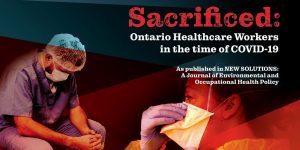 Download a copy of the study at: https://ochu.on.ca/2020/11/24/sacrificed-major-study-of-health-care-workers-during-the-time-of-covid
Download a copy of the study at: https://ochu.on.ca/2020/11/24/sacrificed-major-study-of-health-care-workers-during-the-time-of-covid
Healthcare workers (HCWs) in Ontario, Canada have faced unprecedented risks during the COVID-19 pandemic. They have been infected at an elevated rate compared to the general public.
HCWs have argued for better protections with minimal success. A worldwide shortage of N95s and comparable respirators appears to have influenced guidelines for protection, which stand at odds with increasing scientific evidence.
In-depth interviews were conducted with ten frontline HCWs about their concerns. They reported that the risk of contracting COVID-19 and infecting family members has created intense anxiety. This, in conjunction with understaffing and an increased workload, has resulted in exhaustion and burnout.
The research sheds light on how the systemic weaknesses in Ontario’s health system adversely impacted nurses, personal support workers (PSWs), cleaners and other front-line health care workers in COVID-19 wave one. Co-author Michael Hurley says that “the study findings lead to important recommendations:”
- Raising staffing levels in hospitals and in long term care
- Legislated protection to allow staff to speak out about conditions at work without reprisal
- The urgent need to rebuild a regulatory system that has failed health care workers
- Providing access to the protective equipment staff require to be safe
- Greater support from management and access to mental health supports
HCWs feel abandoned by their governments, which failed to prepare for an inevitable epidemic, despite recommendations. The knowledge that they are at increased risk of infection due to lack of protection has resulted in anger, frustration, fear, and a sense of violation that may have long-lasting implications.
Download a copy of the study at: https://ochu.on.ca/2020/11/24/sacrificed-major-study-of-health-care-workers-during-the-time-of-covid
Dr. James Brophy and Dr. Margaret Keith, academic researchers affiliated with the University of Windsor led the in-depth, investigative study on health care workers’ experiences in Ontario’s hospitals and long-term care homes.
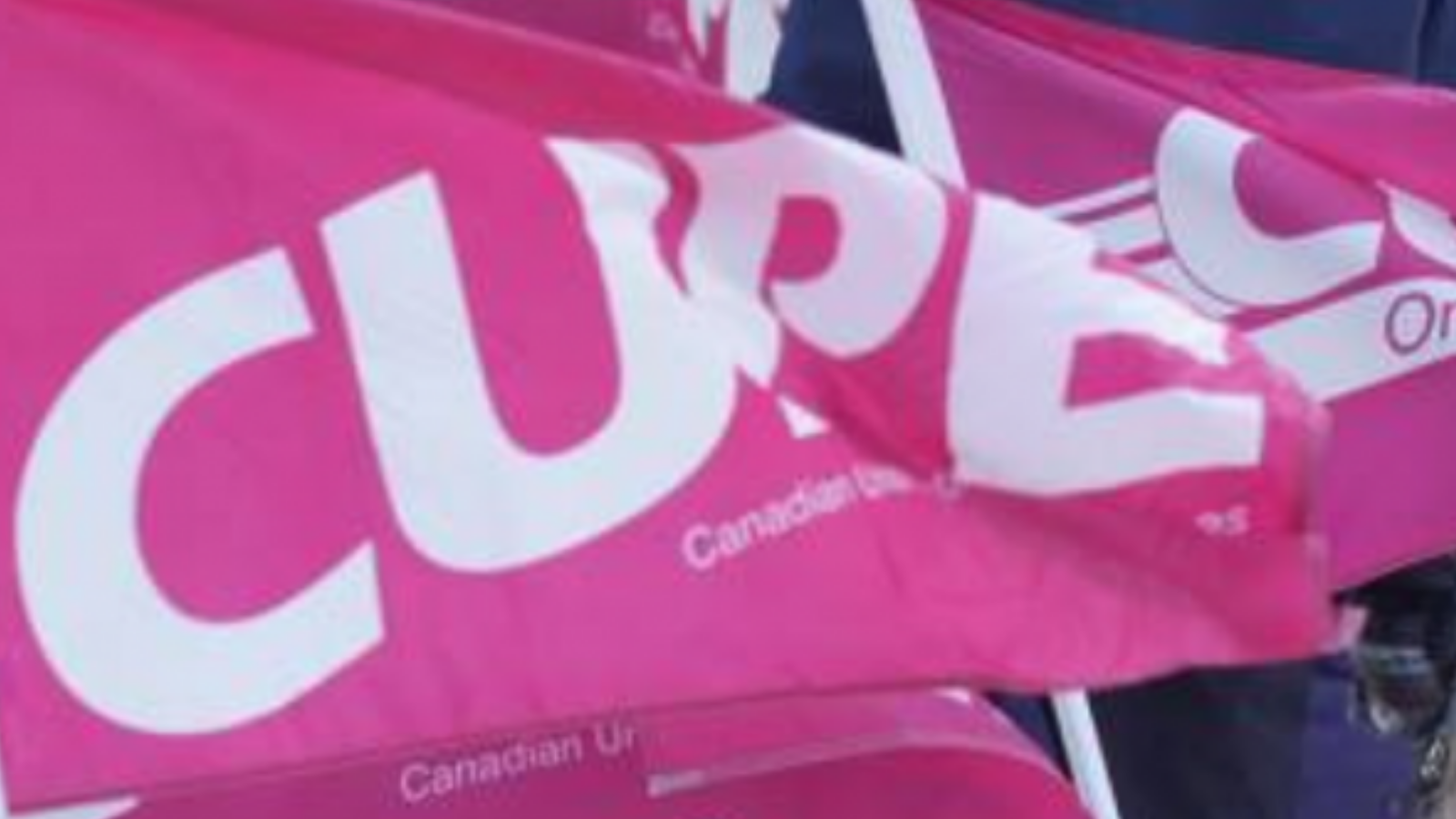

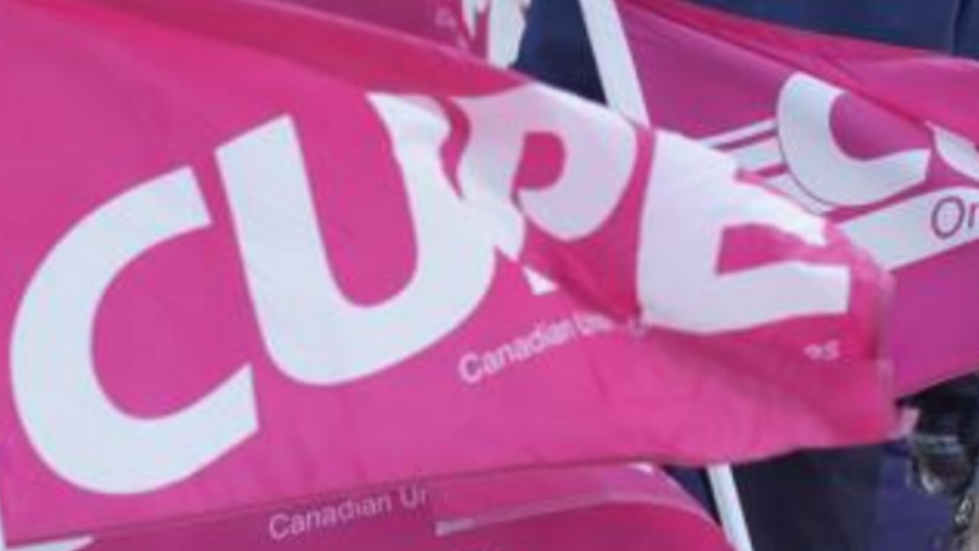
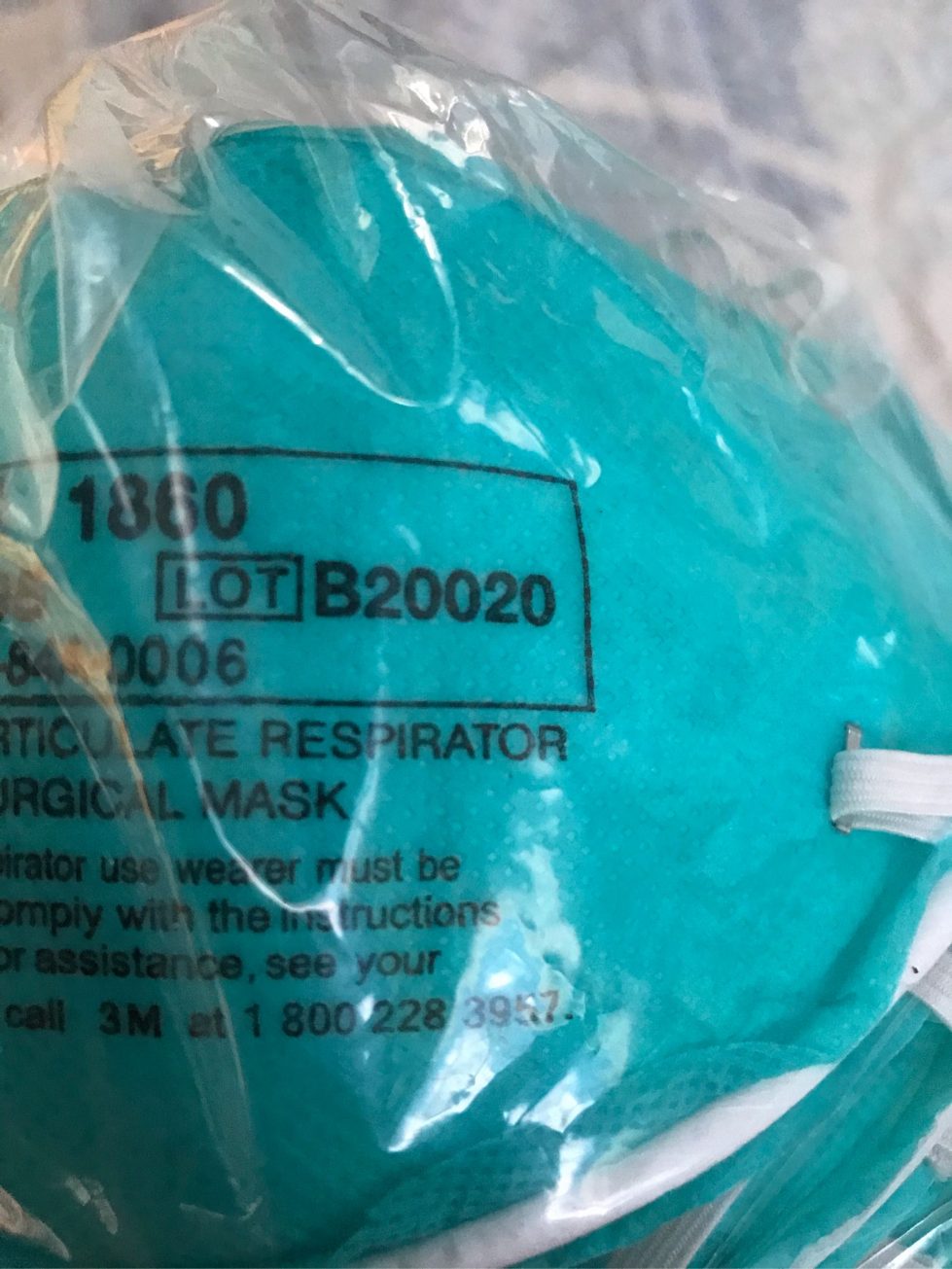
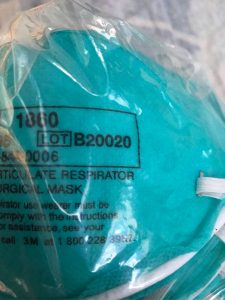



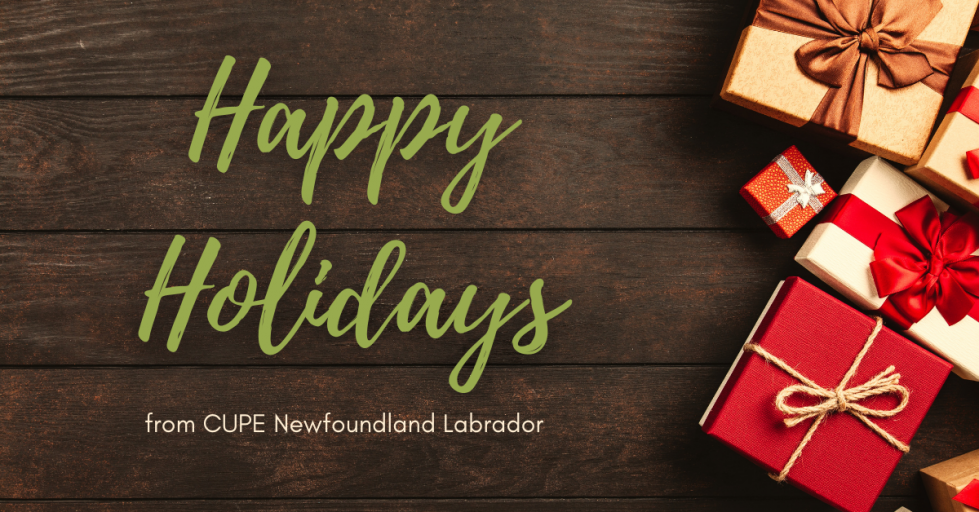
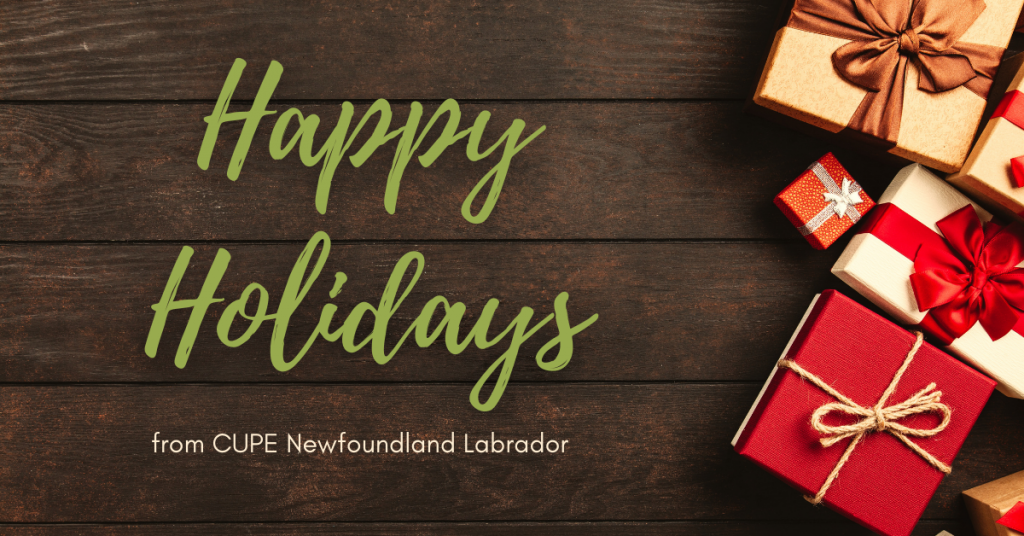



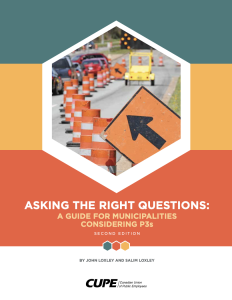 This newly-updated second edition of Asking the right questions is co-authored by the late John Loxley and his son, researcher Salim Loxley.
This newly-updated second edition of Asking the right questions is co-authored by the late John Loxley and his son, researcher Salim Loxley.
 Dear CUPE members:
Dear CUPE members: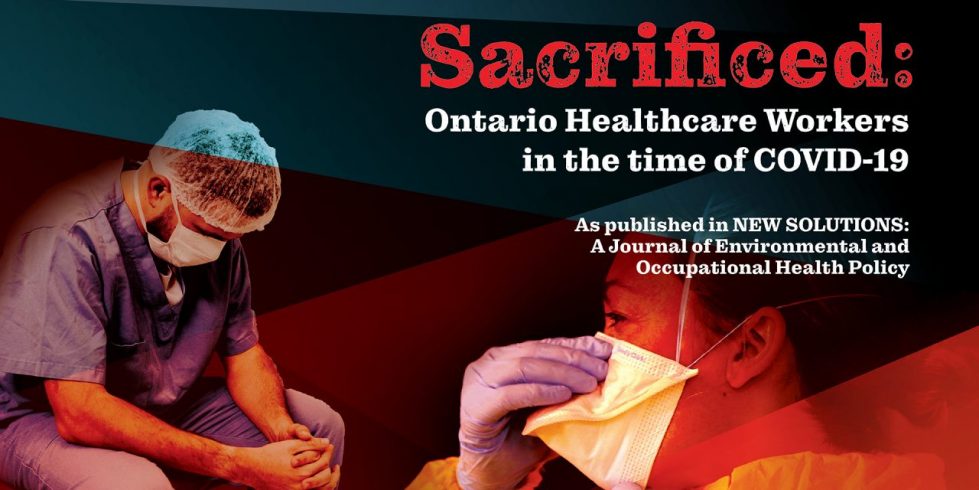
 Download a copy of the study at:
Download a copy of the study at: 
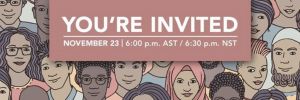 Please join us for a virtual session that is being hosted for Black, Indigenous, and racialized members in the Atlantic and Maritimes regions to participate in the development of a National Anti-Racism Strategy for CUPE.
Please join us for a virtual session that is being hosted for Black, Indigenous, and racialized members in the Atlantic and Maritimes regions to participate in the development of a National Anti-Racism Strategy for CUPE.